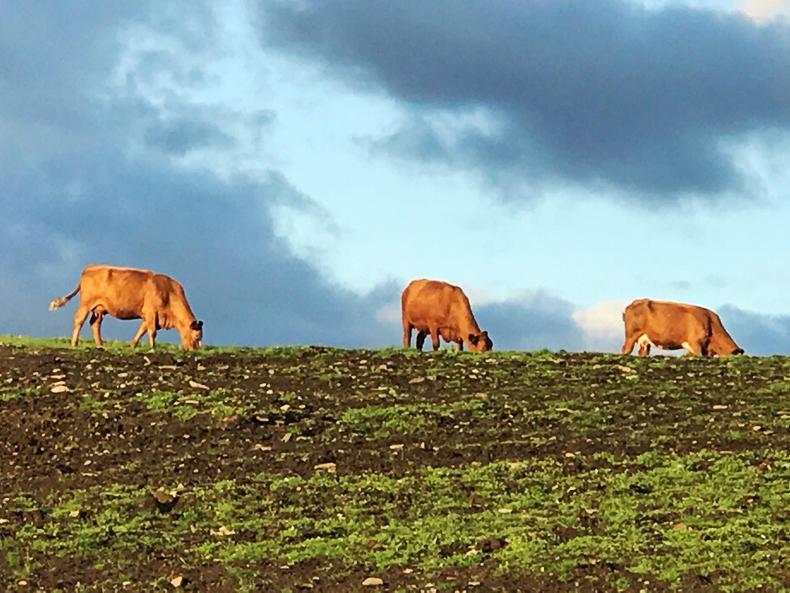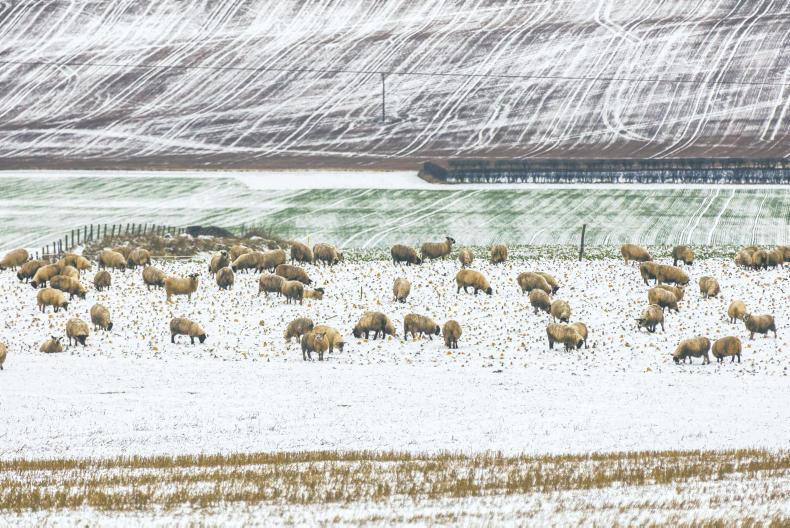Now that store sales are building and combines are rumbling, political recess is over and it’s time for politicians to get back to running the country.
Our elected representatives need not waste any time getting down to business: little progress has been made in Brussels negotiating the exit of the UK from the EU.
Over the next few months there will be an opportunity to shape key decisions for the future of Scottish and UK agriculture, and we will need politicians to put historical grievances to one side to allow sensible debate on the way forward to commence.
Public polling this summer shows that the public has no stomach for any more referendums, so we look to the politicians to play the hand they are dealt, whether they asked for it or not. That said, with a minority Westminster government another poll is never too far away.
Also presiding over a minority government, First Minister Nicola Sturgeon’s priorities outlined this week include tree-planting, farmer loans and policy input from the agricultural industry.
We can only hope that the desire to put public sector pensions into forestry does not create a planting rush and that planting policy is carefully considered: the cumulative impact on of tree-planting up glens can result in isolated farms going out of business and damage to local communities.
Integrated forestry can be a sensible approach where shelter banks and mixed grazing can offer solutions for both parties.?
It is good to see loans for productivity being looked at by the Government. The key to success in schemes such as this is simplicity.
Rural housing development could be on the up as the Government looks more sympathetically on farm building conversion and could give timely cash injections to owner-occupiers.
While capital injections can help farm profit, these are one-off payments and must not mask the true cost of food production. They could also contribute to the disparity in buying power between owner-occupiers and tenant farmers.
The First Minister spoke of the need to encourage more women and young people into agriculture. Plans are at a “listening stage” with a number of groups and committees tasked with looking into the issue.
Finally, a new Climate Change bill is likely to set “ambitious targets”. Scotland’s biggest polluter, transport, has been reducing the amount of carbon used, so the focus may now turn to agriculture. The industry will need to engage to ensure that legislation is sensible.








SHARING OPTIONS